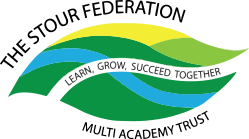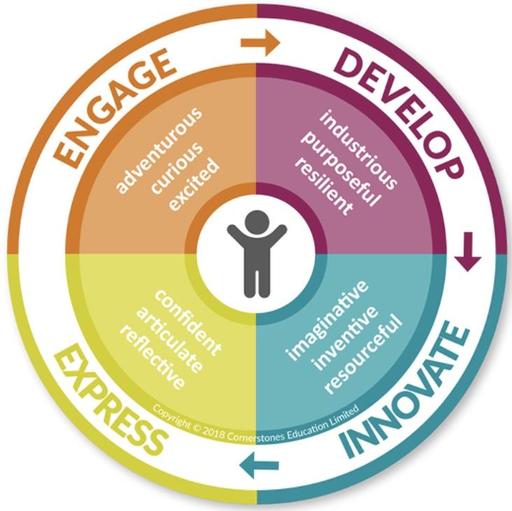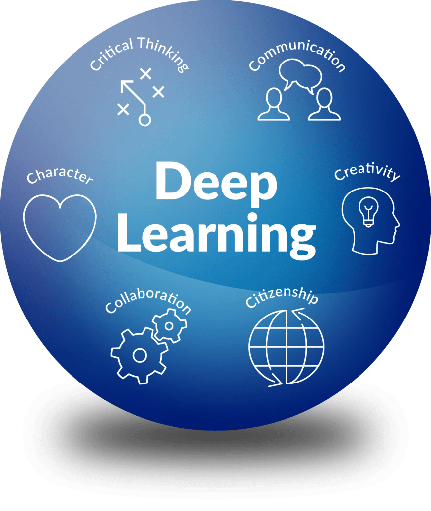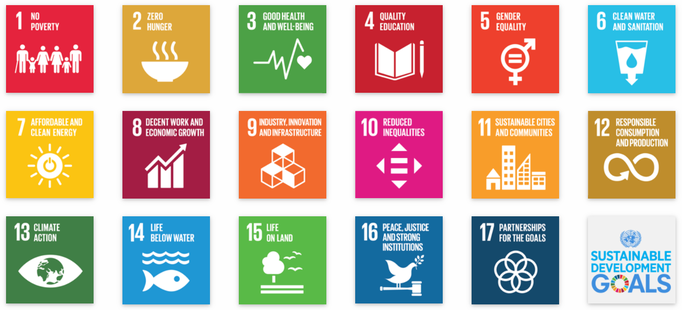
The Stour Federation Multi Academy Trust
Curriculum Excellence
Curriculum Excellence
We provide a curriculum that enables children to gain curiosity, ambition and a willingness to practise so that they gain the knowledge, skills and understanding helping them be socially active citizens. It emphasises the central importance of proficient reading, writing and maths skills as the basis of a good education and future personal and social contribution to society.
All schools currently use the Cornerstones Education Engage, Develop, Innovate, Express process, although this is not mandatory. This gives a framework for teaching knowledge and skills-rich subjects deeply in a topic approach. Schools in the Trust do not have to use Cornerstones - they have autonomy to develop their own curriculum. The Stour Federation has a set of principles that are underpinned by our Trust RESPECT values and act as the basis for planning the curriculum and the cornerstone of school life as a whole. These aims in practice in our Trust schools demonstrate our commitment to developing flourishing communities. We want to create the best provision possible for every child in every Trust school. Our values set the tone for our culture, behaviours, and the expectations of our school communities. They are embedded in everything we do.

Curriculum Principles
1. Integrated Wellbeing and Learning: Our curriculum integrates wellbeing and learning, offering an inclusive, all-round education that develops academic, non-academic, life, and character skills to build resilience and intrinsic motivation.
2. Four Learning Stages: Learning is structured through four research-backed stages: Engage (stimulate curiosity), Develop (deepen understanding), Innovate (apply knowledge), and Express (reflect and celebrate).
3. Reading at its Heart: Reading is central, prioritising early literacy and fostering a love for books as 'windows' (new worlds), 'mirrors' (familiar experiences), and 'sliding doors' (immersive stories).
4. Ambitious, Broad, and Balanced: Our curriculum is ambitious, broad, and balanced, extending beyond National Curriculum minimums with rich 'beyond the classroom' experiences to foster high aspirations and academic excellence.
5. Progression Model for Learning: The curriculum acts as our progression model for wellbeing and learning, ensuring coherent, interlinked lessons that help children retain knowledge and make connections over time.
6. Accessible for All: The curriculum is accessible for all, with teachers committed to equality and making adaptations to ensure every child, including those most disadvantaged or with SEND, can engage and progress. Some children have an alternative curriculum as stated in their EHCP.
7. Continually Evolving: The curriculum is continually evolving, driven by a growth mindset and ongoing teacher reflection to stimulate, challenge, and promote a love of learning.
8. Active Global Citizens: We foster active local, national, and global citizens using the 6Cs framework (character, citizenship, collaboration, communication, creativity, critical thinking) to develop well-rounded individuals of moral and spiritual depth.
9. Responsible and Values-Driven: The curriculum is responsible for keeping children safe, promoting physical and mental health, and instilling fundamental British values (democracy, rule of law, individual liberty, mutual respect, tolerance) to prepare them as active citizens.
10. Guardians of the Planet: The curriculum empowers children to be guardians of the planet by providing climate education focused on nature, climate change, and sustainability.
We are committed to ensuring all the talents and skills children have are developed to the full.
We will deliver high-quality social, moral, spiritual and cultural education (SMSC) that enables our children to know themselves, relate to others from a range of backgrounds and cultures, keep themselves healthy and safe and contribute as fully as they can to wider society.
We are committed to a bucket list of experiences that each child will experience during their time in a school in the Trust.
Reading is at the heart of our curriculum. Schools in the Stour Federation follow a key text approach for their topic work, PSHE social and emotional learning, our No Outsiders lessons on equality and for developing a love of books and pleasure. These core texts underpin the learning across the curriculum, often developing both the substantive and disciplinary knowledge within a global theme.
Teachers also look to instil and develop in our children six global competencies that describe the skills and attributes needed for learners to flourish as citizens of the world: character, citizenship, collaboration, communication, creativity and critical thinking. Relationships are the active ingredient in so much of the realisation of the 6Cs and learning in our curriculum.

Character
- Proactive stance toward life and learning to learn.
- Grit, tenacity, perseverance and resilience.
- Empathy, compassion and integrity in action.
Citizenship
- A global perspective.
- Commitment to human equity and well-being through empathy and compassion for diverse values and world views.
- Genuine interest in human and environmental sustainability.
- Solving ambiguous and complex problems in the real world to benefit citizens.
Collaboration
- Working interdependently as a team.
- Interpersonal and team-related skills.
- Social, emotional, and intercultural skills.
- Managing team dynamics and challenges.
Communication
- Communication designed for audience and impact.
- Message advocates a purpose and makes an impact.
- Reflection to further develop and improve communication.
- Voice and identity expressed to advance humanity.
Creativity
- Economic and social entrepreneurialism.
- Asking the right inquiry questions.
- Pursuing and expressing novel ideas and solutions.
- Leadership to turn ideas into action.
Critical Thinking
- Evaluating information and arguments.
- Making connections and identifying patterns.
- Meaningful knowledge construction.
- Experimenting, reflecting and taking action on ideas in the real world.
The United Nations 17 Sustainable Development Goals are a set of goals and targets aimed at making the world a better place. We are embedding a more global ethos into our curriculum to deepen children’s understanding of these local and global issues so they acquire the knowledge and skills needed to promote sustainable development.
